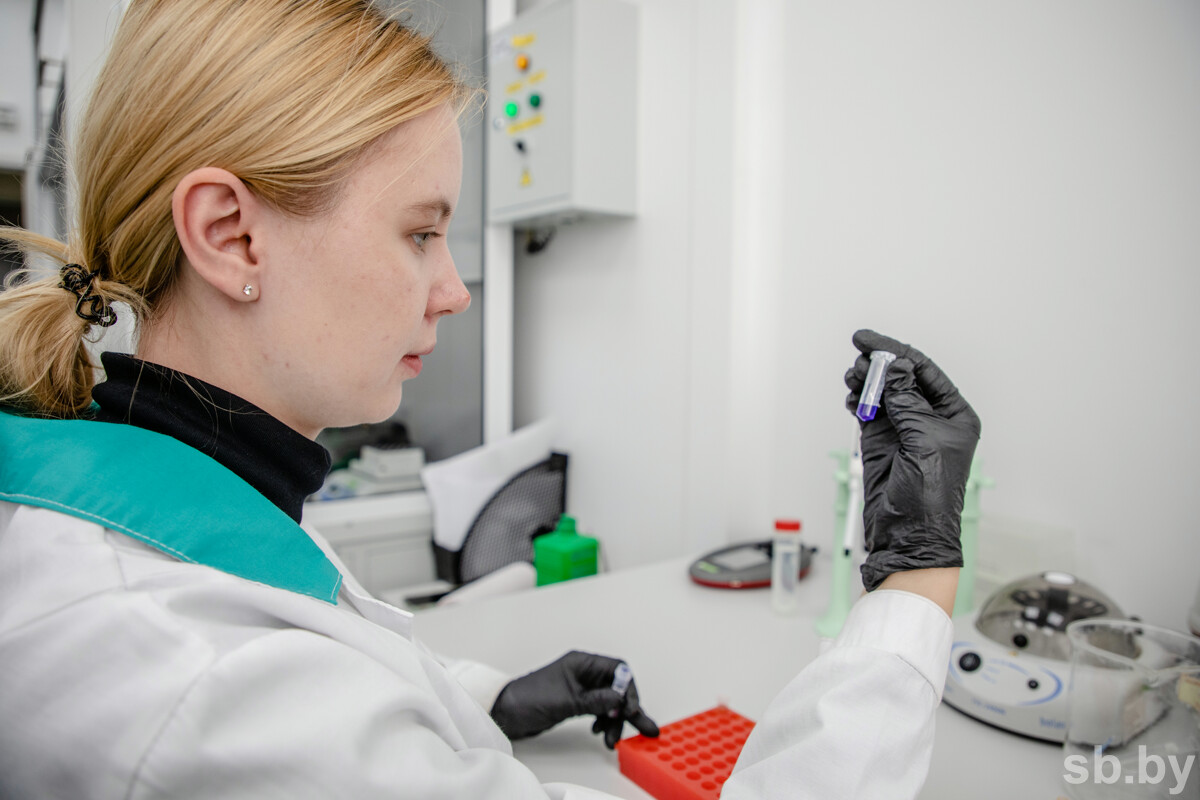The Institute of Genetics and Cytology at Belarus’ National Academy of Sciences has studied the composition of the genome and gut microbiome of more than 600 elderly people, 200 of whom were over 90 years old, to understand what contributes to longevity. Pavel Morozik, the Deputy Director for Scientific Work at the Institute of Genetics and Cytology, shared the results of the study, which involved patients of the Minsk Regional Clinical Hospital for Disabled Veterans of the Great Patriotic War.

Studying the genome helps identify the genetic data that is determined by nature for each individual. The gut microbiome directly determines immunity and other important health conditions.
“The research conducted by the Institute of Genetics and Cytology of the National Academy of Sciences has shown that Belarusian long-livers have their own microbiological nuances: some of them had the bacterium Akkermansia dominating in their microbiome, which consumes the protein mucin and reduces the risk of inflammatory bowel diseases, and inflammation is known to drive aging,” Mr. Morozik explained.
According to the scientist, pre- and probiotics, as well as general nutritional modification, can play a positive role in increasing human life expectancy. “This can prolong life and reduce the risk of socially significant diseases,” he noted.
Certain longevity genes and genetic markers of two directions have been detected in Belarusian long-livers. “Some are associated with a decrease in metabolic activity, while others – with increased cellular protection. In total, about ten genes have been identified, the frequency of which is higher in centenarians than in the population of ordinary elderly people,” Mr. Morozik said.

